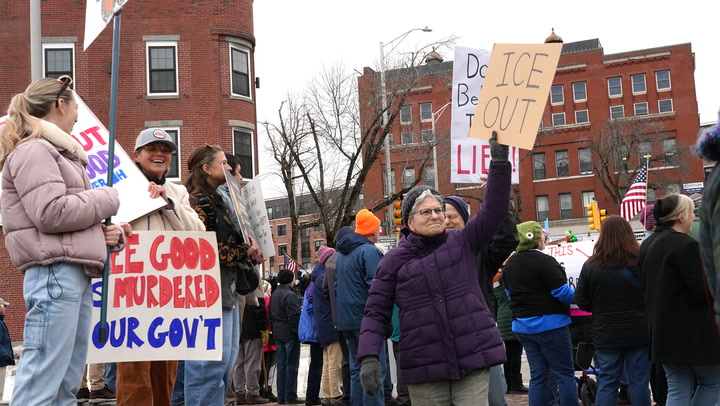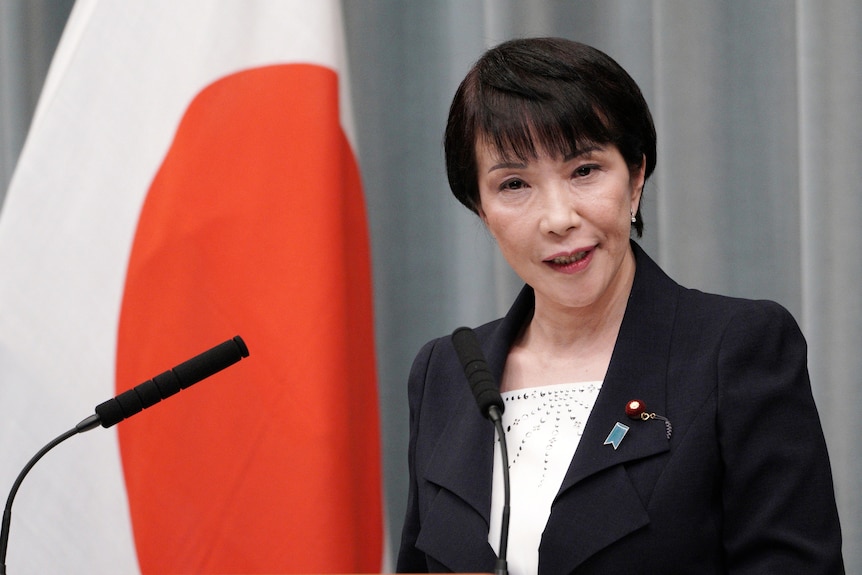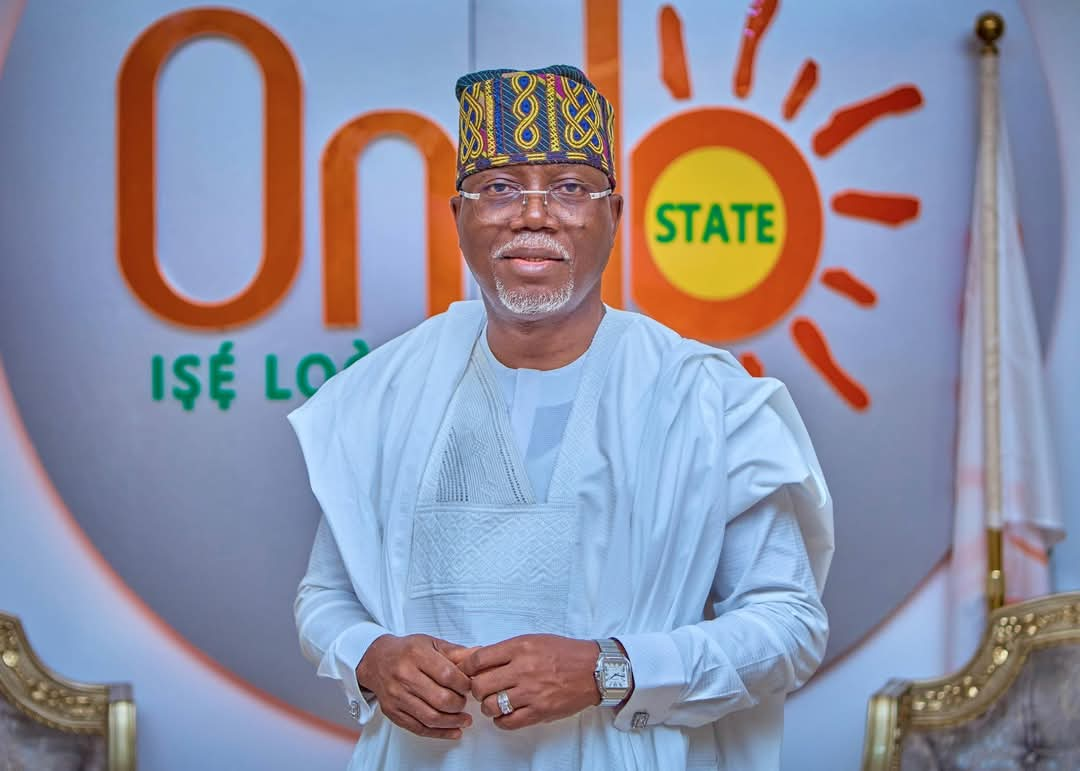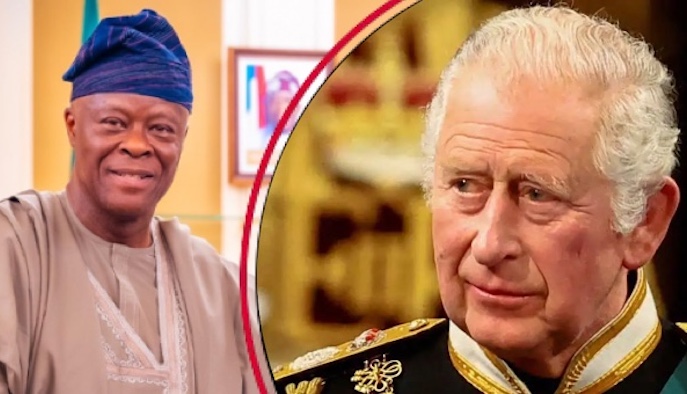At Beijing’s grand military parade last week, the optics were impossible to ignore. Flanked by Xi Jinping and Vladimir Putin, Kim Jong Un stepped onto the global stage not as a pariah, but as a central figure in an alternative order forged by the world’s most powerful autocrats.
For the North Korean leader, it was a rare moment of triumph. Long cast as a junior partner in relations with China and Russia, Kim emerged from the spectacle with tangible gains: a show of solidarity, renewed economic lifelines, and perhaps something more consequential — tacit recognition of North Korea’s nuclear status.
Unlike past summits, the official readout of Kim’s meeting with Xi omitted any mention of “denuclearization of the Korean Peninsula.” The phrase had once been Beijing’s red line, a condition repeated through five Xi-Kim meetings between 2018 and 2019. Its absence this time is striking, and to many observers, telling.
“North Korea has been given justification to continue holding onto its nuclear power,” said Lim Eul-chul of Kyungnam University’s Institute for Far Eastern Studies, noting that both sides pledged deeper ties “no matter how the international situation changes.”
Kim wasted no time capitalizing on the moment. Days after leaving Beijing, he oversaw a test of North Korea’s high-thrust rocket engine, which state media said would propel its next-generation Hwasong-20 intercontinental ballistic missile. The message was clear: his nuclear arsenal is here to stay.
Read Also: Over 120,000 Evacuated As Floods Ravage Central Pakistan
For Beijing, the shift may reflect realpolitik. With Washington tightening alliances in the Indo-Pacific, Xi appears willing to embrace Pyongyang’s nuclear reality in exchange for a reliable partner on China’s northeastern border. For Kim, the benefits are immediate — diplomatic legitimacy, renewed economic cooperation, and leverage in any future negotiations with the United States.
“Kim’s international standing was significantly elevated,” said Yang Moo-jin of the University of North Korean Studies in Seoul. “Restored ties with China through economic cooperation could be leveraged in negotiations with the US.”
Whether Washington is prepared to adjust its approach is another question. President Donald Trump has already signaled openness to fresh talks with Kim, despite the collapse of their first-term denuclearization gambit. If Beijing’s silence truly marks a policy shift, Kim may walk into any new dialogue with Washington from a stronger position than ever before.










